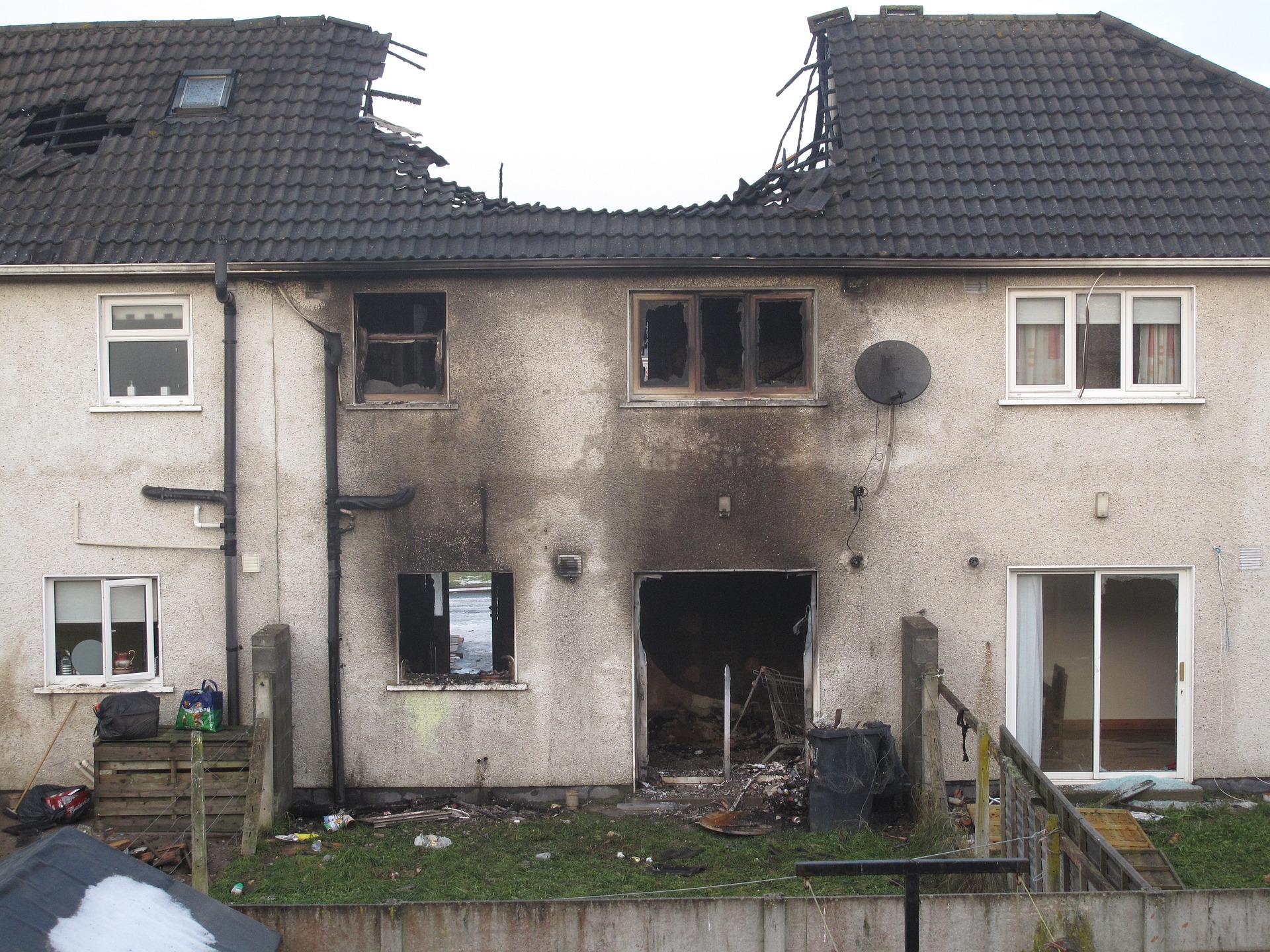Rebuild or Resell? How to Make the Right Choice for Your Fire-Damaged Home
Let’s be honest. We can’t control what will happen in the future. But when it happens, all we can do is give our best. So when your home just caught fire, and now it’s burned down, you need to know what to do next. Check out more about it in the article “How to Efficiently sell a Fire-Damaged property.” The emotional toll, financial considerations, and the potential impact on your future plans can make it overwhelming. Should you rebuild or resell? It’s a question that requires careful thought and consideration. Today, let’s explore key factors to help you make the right choice for your fire-damaged home.

Cost of Repairs vs. Potential Sale Value
First off, let’s learn how to weigh the cost of repairs against the potential sale value. Be sure to assess the extent of the damages and estimate the cost of repairs. Get quotes from reputable contractors and factor in any additional expenses, such as permits and architectural drawings. This will give you an idea of how much money you’ll need to invest in rebuilding. Next, research comparable properties in your area that have recently sold. Finding a balance between repair costs and potential sale value is crucial. You don’t want to spend more on repairs than what you could potentially recoup through a sale.
Emotional Factors
When it comes to dealing with a fire-damaged home, emotions can run high. It’s not just about the financial aspects; there are also emotional factors that come into play when deciding whether to rebuild or resell. One of the primary emotional factors is attachment. Many homeowners have an emotional connection to their property, especially if it has been in the family for generations or holds sentimental value.
The thought of letting go and selling can be difficult and may evoke feelings of loss and sadness. Another emotional factor is the sense of security. A fire can shatter one’s feeling of safety and stability within their own home. Rebuilding allows homeowners to regain that sense of security by starting fresh and making necessary improvements to prevent future disasters.

Insurance Coverage
When you have a clear understanding of your insurance coverage, assess the estimated costs. Compare this cost with the potential sale value of your property in its damaged state. If the repair costs significantly exceed the potential sale value and are not fully covered by insurance, selling might be a more practical option. However, if your insurance policy provides adequate coverage and rebuilding seems financially viable, consider factors such as sentimental attachment to the property and emotional ties before making a decision. Keep in mind that rebuilding allows you an opportunity to customize and improve upon certain aspects of your home.
Market Conditions
In a seller’s market, where demand way outweighs supply, you may find that selling your damaged property as-is could fetch a decent price. Buyers might be willing to take on the repairs themselves if they see potential in the location or structure of your home. On the other hand, in a buyer’s market with an abundance of available properties, it might be more challenging to sell a fire-damaged house without first undertaking significant repairs. Buyers will have more options and will likely prioritize move-in-ready homes over those requiring extensive renovations.
Determining whether to rebuild or resell after a fire is worth overthinking. In fact, it demands careful thought and consideration from multiple angles – financial, emotional, and practicality-wise – before settling on an option that feels right for you.



